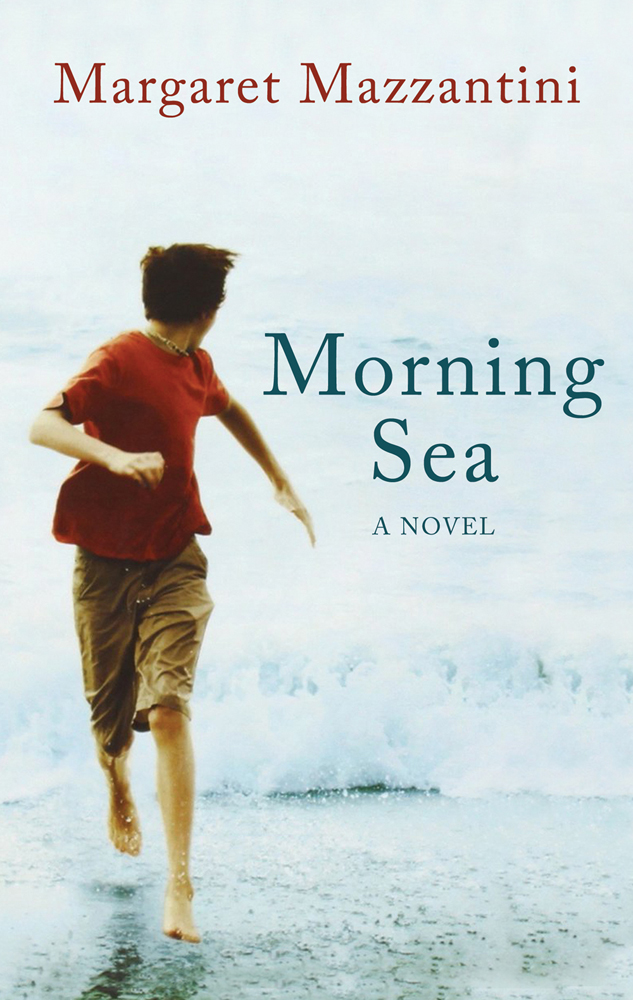
Morning Sea
- اطلاعات
- نقد و بررسی
- دیدگاه کاربران
نقد و بررسی

February 15, 2015
As in her novel about Sarajevo (Twice Born, 2011), Mazzantini explores displacement and the effect of political chaos on individual lives in this extremely brief but intense story of Libyans seeking refuge in Italy and Italians seeking their lost past in Libya.The novel divides into three loosely connected sections written in prose stripped down to the essentials. The Bedouin child Farid lives in an oasis town on the edge of the Sahara with his young mother, Jamila, and his father, Omar, who installs TV antennas for a living. Although the family is basically apolitical, Farid is vaguely aware that a war is occurring. Then Omar is killed by loyalist troops. Farid and Jamila quickly leave their home. Mother and son survive desert travel and make their way onto a boat they hope will take them to Italy. Farid's great-grandfather traveled over the same sea years earlier and never returned, but Farid "looks at the sea and thinks of paradise." His hopefulness is heartbreaking in its simplicity. Meanwhile, on the Italian coast, Vito is at loose ends after graduating from high school. His mother, Angelina, a divorced teacher, is an intimidating yet inspiring iconoclast shaped by her experience living the first 11 years of her life in Libya. In a history paper for school, Vito has written about the experience of the "Tripolini"-Italians banished from Libya when Gadhafi came to power. Vito's grandparents, Angelina's parents, arrived in Libya separately as children just before World War II. Born in 1959, Angelina considered Tripoli her only home until the family's forced return to Italy. Angelina's parents never readjusted to their native country; Angelina learned to fit in but remained nostalgic. When Gadhafi opened Libya to the West, Angelina visited but nothing was as she remembered. While Vito begins a collage from debris of capsized boats he has collected while walking on the beach, Farid and Jamali spend days at sea, helpless against the elements. A tragedy for our time.

March 1, 2015
Farid's father is killed in the fighting that breaks out when the Arab Spring comes to Libya, and Quadaffi is overthrown. Leaving everything behind, Farid and his mother make their way to the coast and board a crowded, rusty hulk headed for Italy. Years before, another uprooted family made the same crossing. Angelina and her family are TripoliniItalians who settled in Libya in the 1930s and were forced out in 1970 when Quadaffi first came to power. Angelina has lived in Sicily with her mother, Santa, for more than 40 years, but she feels increasingly homesickmal d'afriqueand her son, Vito, finally takes her and Santa back to Tripoli so they can revisit the place they still think of as home. Later, Vito walks along the beach in Sicily and collects debris from boats like the one Farid and his mother boarded, finding a way to preserve some scrap of the lives of the refugees. Mazzantini's lyrical novel puts a human face on migration and displacement.(Reprinted with permission of Booklist, copyright 2015, American Library Association.)




دیدگاه کاربران